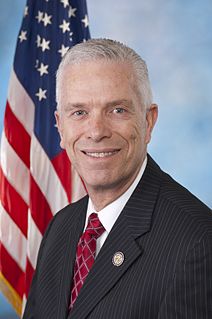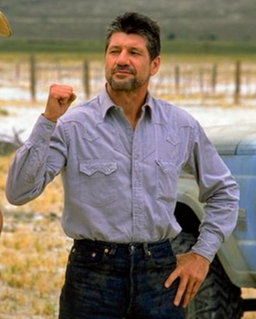A Quote by Roger Scruton
A writer who says that there are no truths, or that all truth is ‘merely relative,’ is asking you not to believe him. So don’t.
Related Quotes
An organizer working in and for an open society is in an ideological dilemma to begin with, he does not have a fixed truth - truth to him is relative and changing; everything to him is relative and changing.... To the extent that he is free from the shackles of dogma, he can respond to the realities of the widely different situations.
I believe certain doctrines because God says they are true; and the only authority I have for their truth is the Word of God. I receive such and such doctrines, not because I can prove them to be compatible with reason, not because my judgment accepts them, but because God says they are true. Now this is one of the best services we can render to God,-to submit ourselves to him in our belief of what he has revealed, and ask him to fix his truths in our hearts, and make us obey them.
Honesty is not the same as truth. That is the obstacle of the notion of relative truths. I would like to put my trust in the lunatic. He is the one least concerned of what I think of him, the mark of an honest man. I can always depend on him to be completely honest in what he thinks and feels, about anything, no matter the consequences laid before him, however with no course of rationale, I cannot necessarily take his word for even the well-being of him in his own reality.
Our decisions need not be seen as resting on procedures that are merely instrumental in making judgments that are reliably truth-tracking. The procedures might be more directly related than that to truths about what is right or good, or about what we ought to do, or to principles that tell us what is true about these matters. And I have no metaphysical theory about the truth-conditions of such truths, except to say that as objective truths, they must be independent of the attitudes, decisions or actions that they are supposed to justify or for which they are to offer reasons.
Jesus Christ doesn’t just give us truths; he is the truth. Jesus Christ is the prophet to end all prophets. He gives us hard-copy words from God, truths on which we can build our lives, truths we have to submit to, truths we have to obey, and truths we have to build our lives on, but he himself is the truth.
The purpose of scientific method is to select a single truth from among many hypothetical truths. That, more than anything else, is what science is all about. But historically science has done exactly the opposite. Through multiplication upon multiplication of facts, information, theories and hypotheses, it is science itself that is leading mankind from single absolute truths to multiple indeterminate, relative ones.









































